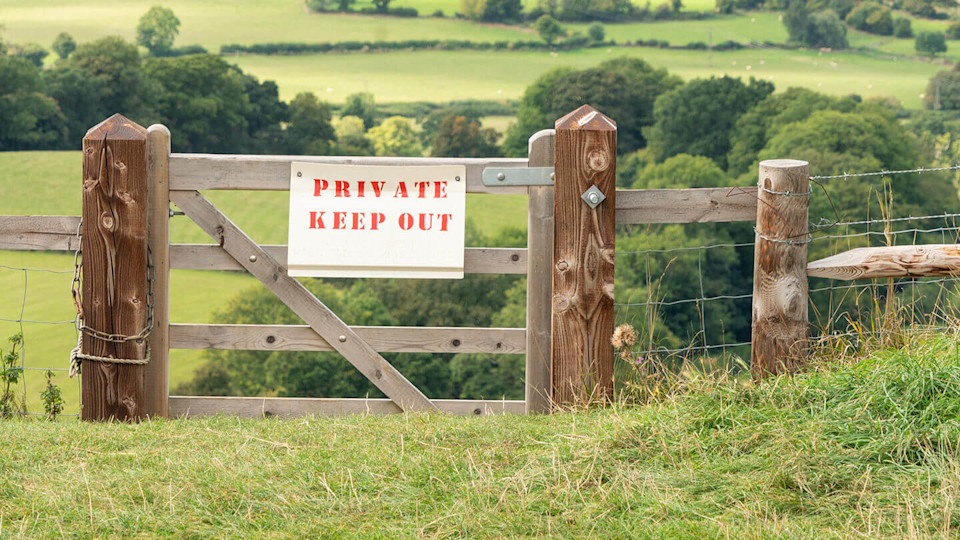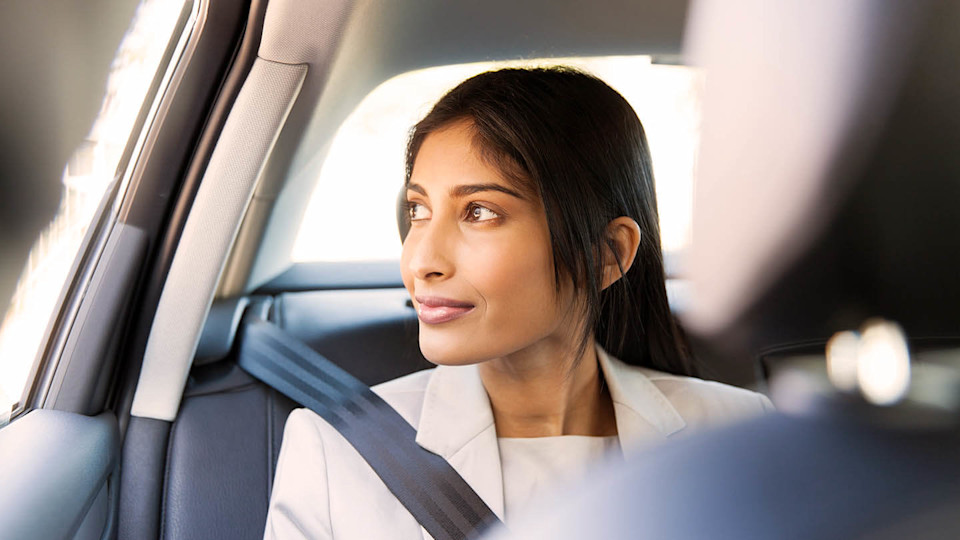
Personal injury
Car accidents on private property: What are my rights?
Legal rights in car accidents on public roads can lead to a personal injury claim, however personal injuries in car accidents on private property are not as straight forward as this. Our experts explore how your rights differ.
Accidents on private land: Can I make a claim?
All drivers understand that an accident on a public road carries consequences; whether this be under the Road Traffic Act 1988, which sets out the rules of the road and the penalties road users can face if they break these rules, or through civil claims for any injuries caused.
If you’ve suffered a car accident on private property, however, these rules don’t apply, which can leave people wondering what to do next.
Ultimately, if you’ve been injured in a car accident due to someone else’s negligence – whether on private property or on public road – you are entitled to make a claim for compensation. It is worth noting, however, that claims for car accidents on private property do work differently, and who you make the claim against will depend entirely upon the circumstances of your accident.
In this article, we explore the challenges of making a claim for a car accident on private property and explain your rights and what to do next. If you’d like further information or wish to speak to one of our legal team about an accident that occurred on private property, you can contact us on 0330 041 5869 or reach out online here.
I've had a car accident on private property. What are my rights?
Following a car accident on private property, your rights will depend on the specific circumstances of your situation. In most cases, the responsible party is held accountable just as they would be in accidents on a public road – though who pays out the compensation, and how these claims are handled, can differ substantially.
For example, if you were driving a vehicle on private property and had an accident due to poor grounds maintenance, you may be able to make a claim against the landowner if it can be proved that they failed to take reasonable measures to ensure their property was safe.
If you were involved in an accident with another driver on private property (including incidents where you were a pedestrian or cyclist), you could be eligible to make a claim against the driver if their negligent actions led to injury.
However, if the driver was not insured or cannot be found, it is no longer possible to make a claim for compensation. This is because the Motor Insurers’ Bureau (MIB), who are responsible for compensating the victims of road accidents involving uninsured or untraceable drivers, is no longer responsible for any accidents that occurred on private land on or after 28 June 2022.
The rules and limitations for claims following a car accident on private property can be confusing; if you’ve been injured and are unsure of whether you have a claim, our team are here to support you. Contact us today on 0330 041 5869 or get in touch online and we’ll talk through the details of your case and let you know if you have a claim.
Can I make a claim if I've been involved in a car accident on private property?
You may be able to make a claim for a car accident on private property if the incident was not your fault and was caused by someone else’s negligence.
To make a claim successfully, you must be able to prove that the other involved party had a duty of care toward you and that their negligent actions caused the accident and subsequent injuries. Evidence such as photos, witness statements, and accident reports can be crucial in building your case.
To put yourself in the best possible position, and to ensure you have the evidence necessary to make your claim successfully, there are some steps you should take wherever possible following a car accident on private property:
- check for injuries
- take pictures of any damage and the scene of the accident
- exchange information with any other parties involved in the accident, where applicable
- confirm the details and contact information of the owner of the land
- contact the police to let them know an accident has occurred
Award-winning legal support from our road traffic collision experts
Our personal injury team have extensive experience in handling road traffic accident claims and have the specialist knowledge to support you through a claim regarding a car accident on private property.
Our leading experts in personal injury offer compassionate support as well as just legal advice, working closely with our in-house rehabilitation co-ordinators to make sure you get the holistic support you need – from treatment and rehabilitation to award-winning legal advice. Call us today on 0330 041 5869 or contact us online.


If you or a loved one has been injured as a passenger in an Uber accident, you may be entitled to make a personal injury claim. Our Uber accident lawyers are experts in their field, and can help you access the support, rehabilitation and compensation you deserve.

